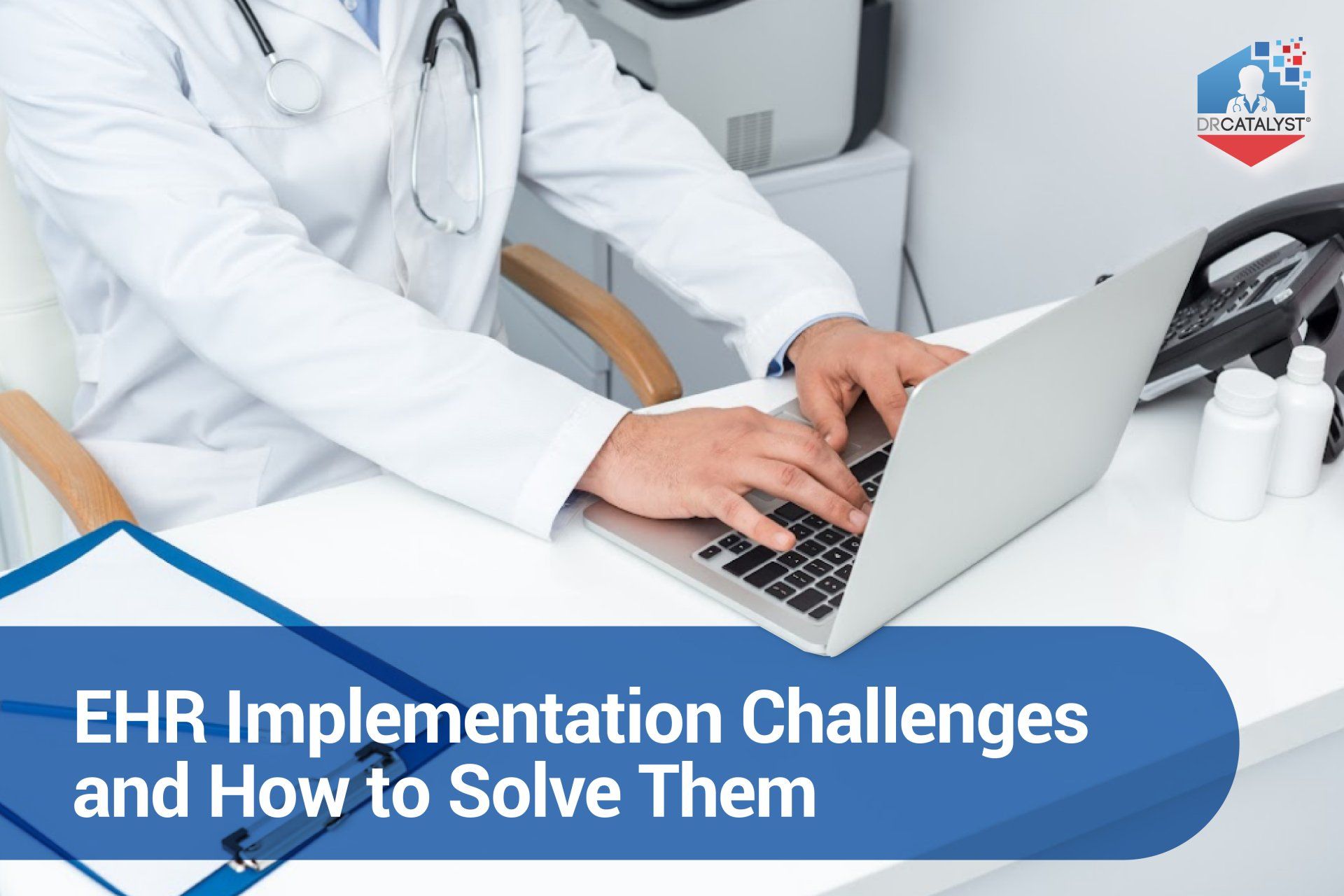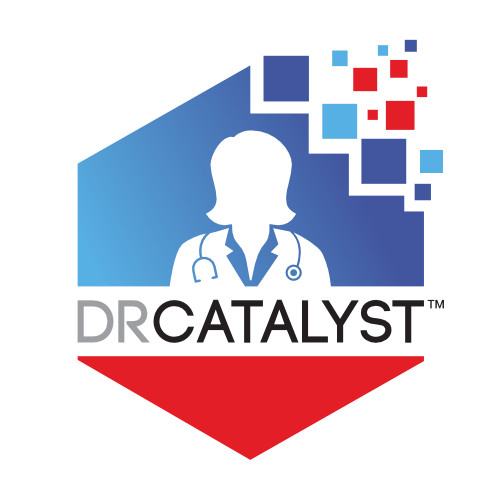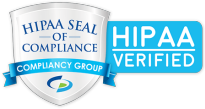EHR Implementation Challenges and How To Solve Them

Electronic Health Record, commonly called EHR, is the process of storing patients' vital information digitally. Most hospitals and clinics have this process already, allowing them to see the past and present health details like the diagnosis, treatment plans, and prognosis.
Patients receive better quality health care with the presence of the system. Reducing the probability of medical error on the health care provider's side. It also highlights the patient engagement and trust-building between the patients and their physicians.
Challenges in EHR Implementation
Like any other process, challenges in implementing the system are present. Every day, hospitals and clinics can face a lot of EHR challenges.
Here are some common problems clinics and hospitals face in implementing EHR.
Data Privacy
Data privacy is a concern when it comes to EHRs. Patients have severe doubts about the confidentiality and security of their health information. They are pretty hesitant because they fear that there might be leakage through hacking and cyber-attack. But there are national policies that safeguard the EHR. One of the protections is that providers will face legal disputes if security breaches occur. That is the reason why providers take data privacy very seriously.
Communication Problems
Often, communication problems arise between the IT vendor and the health care providers. The IT vendor should adequately address the primary concerns of the hospitals and clinics to prevent any future problems. The IT vendor will provide tools that effectively handle electronic health records.
Usability Issues
If the system of EHR does not fit the integral design of the hospital and clinics, then doctors may not welcome the idea of using it. No software will answer all the needs of a hospital and clinic. The EHR system for dental clinics is different from general practitioners and vice versa. The EHR usability challenges may decrease the effectiveness of the software.
Data Migration
Hospital staff may not welcome migrating hundreds of health records to the digital format.
The exporting process may be a nightmare since it can be very tedious. It may also require lots of effort on their part.
Technical Limitations
Technical limitations are prevalent in small and medium-sized clinics. Since it is tough for them to create and maintain a technical team that will oversee the system, some prefer to delay their migration to the system.
Implementation Costs
Small and medium-sized clinics are wary of the implementation costs when they migrate to the system.
Prices are very high since its implementation process requires a lot of functions. The functions include but are not limited to staff training, the cost of the software, and the maintenance of the whole system.
Because of high prices, clinics are not ready to migrate to the EHR.
Staff Resistant to Technology
Not all staff welcome the idea of the digital format of medical records. Some team members are not familiar with the new technology. They are not just ready to give up the documentation process they knew.
Solutions to EHR Problems
Despite the barriers to EHR, the adoption of the EHR system had a steady increase in hospitals and clinics primarily because there are solid solutions that will solve the system's problems.
Some solutions implemented to lessen the issues and make the system easy to manage:
Prepare An Effective EHR Implementation Plan.
An effective EHR implementation plan includes how the staff and the physicians will handle their responsibilities and duties during the implementation process. The workflow may be initially affected, so there should be contingency plans. Remember that following a strategic plan is very important to the success of implementing an EHR system.
Treat Them as Your Partners
The IT vendor, clinic staff, consultants, and doctors are all part of the team. Make them your partners as you manage the system. Share with them the system's goals and work with them to make these goals achievable. These will help the transition process more manageable and make it on time.
Prioritize the Welfare of the Patients
The system's main priority is the patients, so you must think and plan for their welfare. The needs of the patients are the utmost priority. Any changes in the transition process may impact the patients and the care they might receive. So, the team must think and plan for their welfare.
Set a Timeline Process
There should be a timeline process that the team should strictly follow. It is better to follow a realistic schedule to avoid any delays. Any delay can mean added cost, affecting the budget even for a day.
Provide Training
Training the hospital staff and the clinic is vital to ensure the success of EHR implementation. The system will not be successful if the team resists the system's transition. To avoid resistance, provide ample time for staff training to ensure they follow the system effectively. Explain to them that it will offer more efficiency and make their job easier. Likewise, you can provide recognition for their work, especially when they meet milestones.
Create Strong Leadership
The implementation process may not be easy, but leaders can provide strong leadership by forming a sub-committee team to guide the implementation team. It is best if the team has experience implementing new IT systems, which can assist in the implementation team.
Experts Handle the Implementation
Experts knowledgeable about the EHR implementation are part of the team. These can reduce the challenges that you may face. An expert can work out any roadblocks that may be present along the way.
Partner Now With DrCatalyst
Implementing an EHR system is not easy. Still, you can choose DrCatalyst virtual medical assistants who can lessen the tedious work of clerical work for your staff. DrCatalyst virtual medical staff is knowledgeable in EHR implementation, and we can assist in your practice. Need more information? Consult DrCatalyst today.
Book an appointment online or call
(510) 628-6005.
Subscribe to the
DrCatalyst blog now.
Useful Links
Contact
3100 Carr 199, STE 202
San Juan, PR 00926-7660
United States
Useful Links
DrCatalyst | All Rights Reserved.
Contact
3100 Carr 199, STE 202
San Juan, PR 00926-7660
United States
Useful Links
DrCatalyst | All Rights Reserved.













